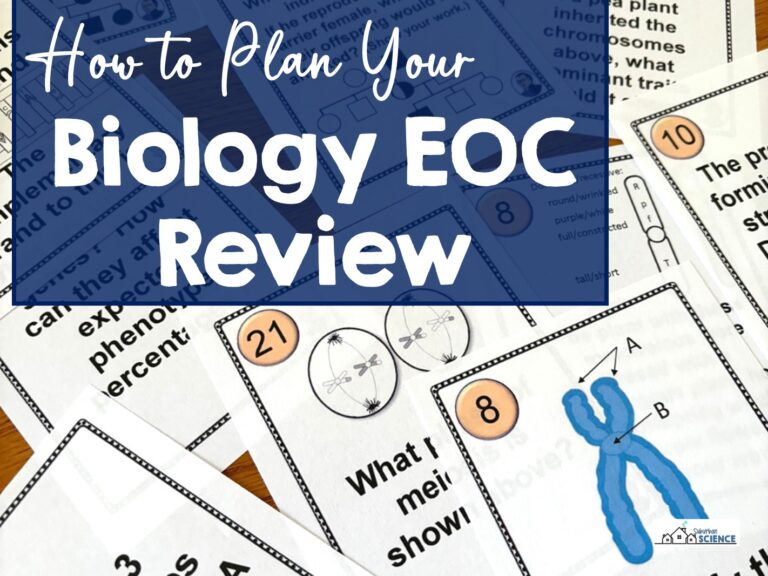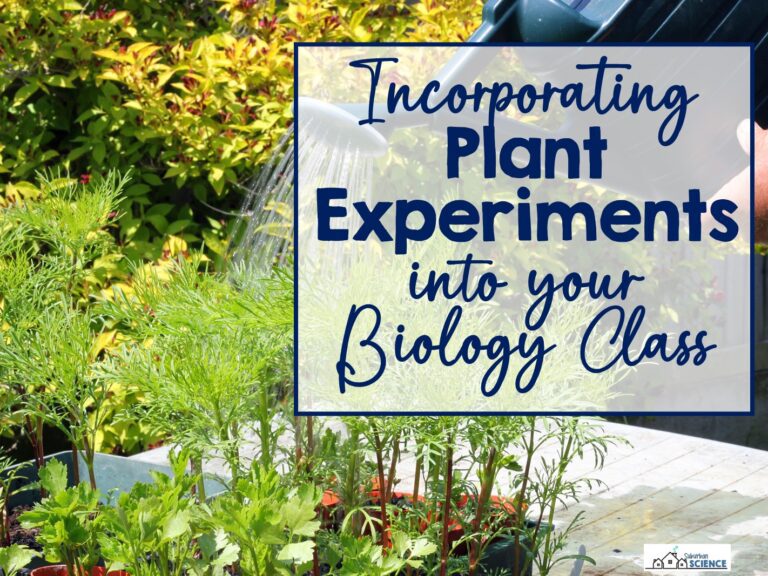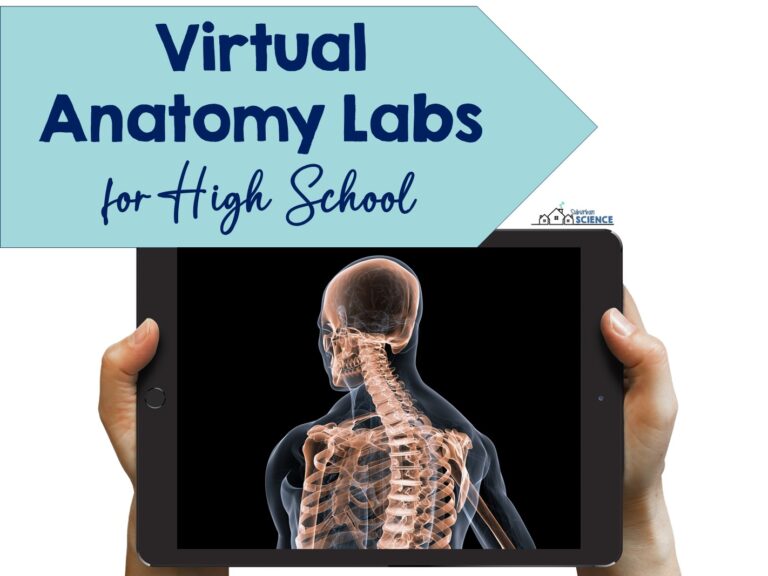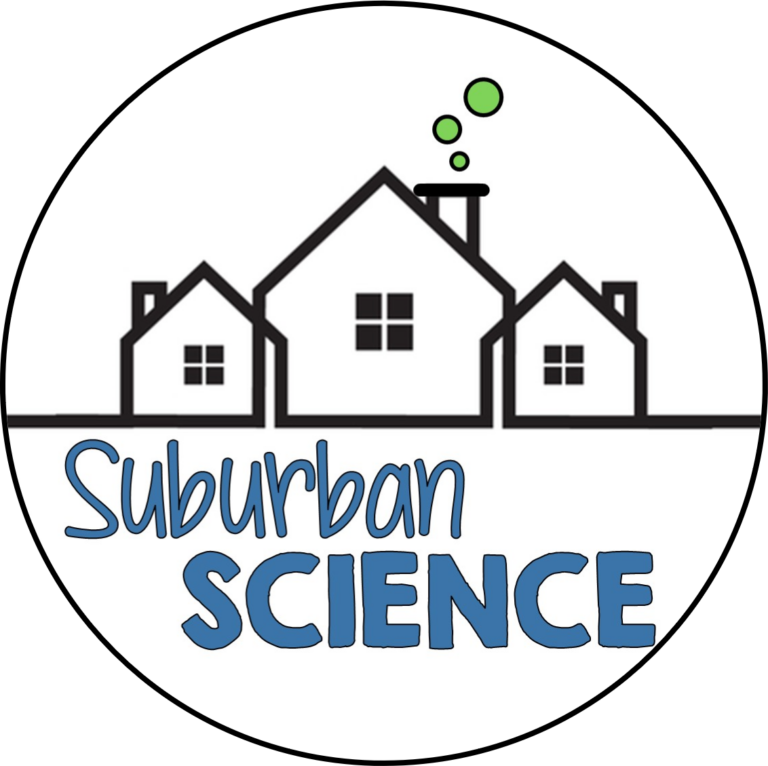It’s the end of the semester. You and your students are exhausted and ready for a break. Your administrator, however, has requested that everyone in the department create summative science assessments. Although a traditional final exam may be easy to grade, there are many more engaging ways to assess what your students have learned during the semester. Alternative forms of assessment can be just as effective at showing student comprehension and are often a lot more fun!

Here are some examples of alternative assessments that you can use instead of an exam:
1. Research a Disease:
Students can create an informative presentation for the class on a disease or disorder. For Anatomy classes, focus on diseases that relate to the body systems you’ve already studied. For Biology classes, you could focus on diseases that relate to topics you’ve discussed like cellular transport disorders, DNA mutations, or metabolic diseases. Students can include symptoms, causes, history of the disease, and available cures or treatments. Download a free set of instructions (and grading rubric) for disease projects at the bottom of this page!
2. Write a Song:
Have a creative or musical class? Let them show you their talents while incorporating valuable information from the past few months. You could divide the class into groups and assign a topic to each group or let them choose their own! Whether they choose to perform in person or on pre-recorded video, part of the song project is actually to sing it!
3. Make a Board Game:
This is a great option for group work. Students can create a game board and write their own questions on one or more topics from the semester. They’ll be reviewing while they make the game and can review more topics as they play games that other groups have made! Double-win!
For some board game ideas, check out my Lymphatic System Board Game and these fun Snakes-and-Ladders games.
4. Write a Children’s Book:
If you can’t explain a topic in terms a kindergartener can understand, do you really understand it yourself? Writing and illustrating a children’s book is a great way to assess whether your students have grasped a topic. Plus, it’s fun!
5. Doodle or Sketch Notes:
If you already have doodle notes for a topic, they can be a great way to review and assess details about previously learned content. Give students a goal to fill the page with any details they can remember about the topic using words and pictures. If you don’t have pre-made doodle notes on a topic, have students create a sketch notes one-pager using text, doodles, and arrows to connect ideas.
6. Dice Concept Review:
This is a quick way to review for any test or to assess student understanding on a full semester of information. Provide students with a list of vocabulary terms that you’ve covered and number each term starting with 1. In another column, list the action phrases “describe”, “draw”, and “compare & contrast”. Have students work individually or in groups to roll two sets of dice- one for the vocabulary term and one for the action phrase. Provide students with a page to record their answers. By scanning the answers, you’ll have a good idea of whether your students understand each topic.
Whatever assessment option you choose- get creative! A great way to grade these projects is to come up with a rubric so you can maintain consistency and save yourself some work. This free rubric generator allows you to make your own or use a previously created one. Students love to have choices, so unless you’re required to have a paper-and-pencil final exam, start thinking outside the box!






